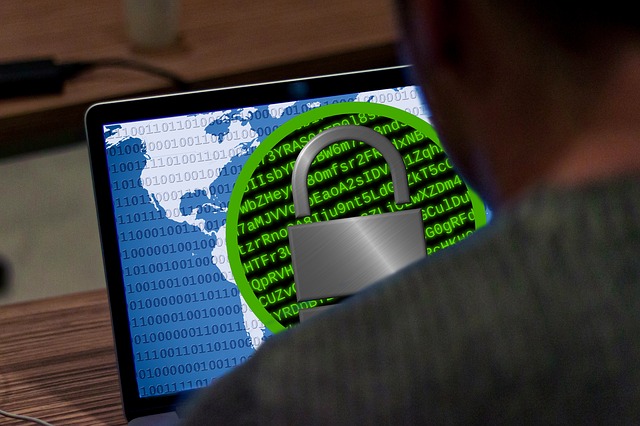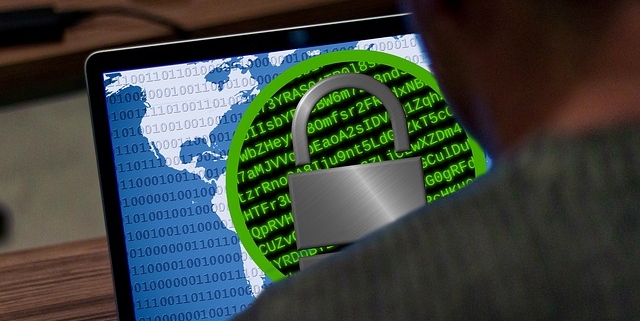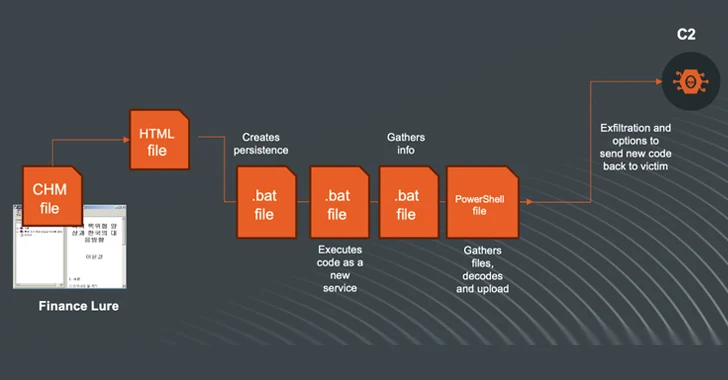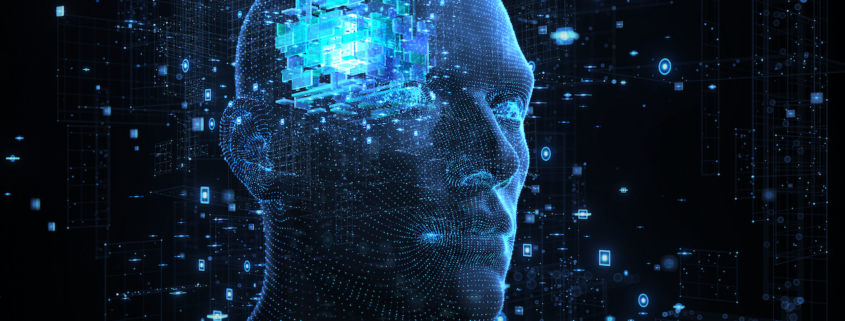FS-ISAC: Ransomware drives surge in cyberattacks in 2023

Image by Pete Linforth from Pixabay
Cybersecurity threats in the Asia-Pacific (APAC) region surged by 15% in 2023, with ransomware attacks as the top driver for the increase, according to the latest report released by the Financial Services Information Sharing and Analysis Center (FS-ISAC).
The findings, drawn from FS-ISAC’s network of member financial firms from 75 countries, underscore the growing sophistication of cyber threats faced by businesses. Ransomware attacks continue to wreak havoc, ranking as the fourth most common threat to the financial sector in the APAC region.
Based on FS-ISAC’s data, there is an average of 1,963 attacks per week and organizations in the region found themselves increasingly targeted by cybercriminals in 2023. The report, titled “Navigating Cyber 2024,” warns that this pattern is expected to persist in 2024, aligning with global trends in cybercrime.
READ:
Report: 11% of DDoS attacks in APAC target financial institutions
Report: The cyber threats that matter to financial institutions
“Each year, a new set of threats comes to light, requiring the financial services sector’s mitigation strategies to advance at an equal if not faster pace than threat actors’ tactics,” said Steven Silberstein, CEO of FS-ISAC.
Emerging threats
The report highlighted the evolving tactics, techniques, and procedures (TTPs) employed by threat actors, including social engineering, SEO poisoning, malvertising, and QR code phishing. The use of generative artificial intelligence (GenAI) by cybercriminals is also identified as a growing concern, enabling scale and automation in attacks while posing challenges for defense mechanisms.
The emerging threats that pose challenges to the financial sector’s cybersecurity posture include heightened geopolitical hacktivism, new extortion tactics in response to global regulations, challenges posed by quantum computing and AI advancements, and vulnerabilities in the supply chain.
“As we look ahead to a critical year marked by emerging technology and heightened geopolitical tensions, the best way to maintain the integrity, security, and trust of the sector is through global…





